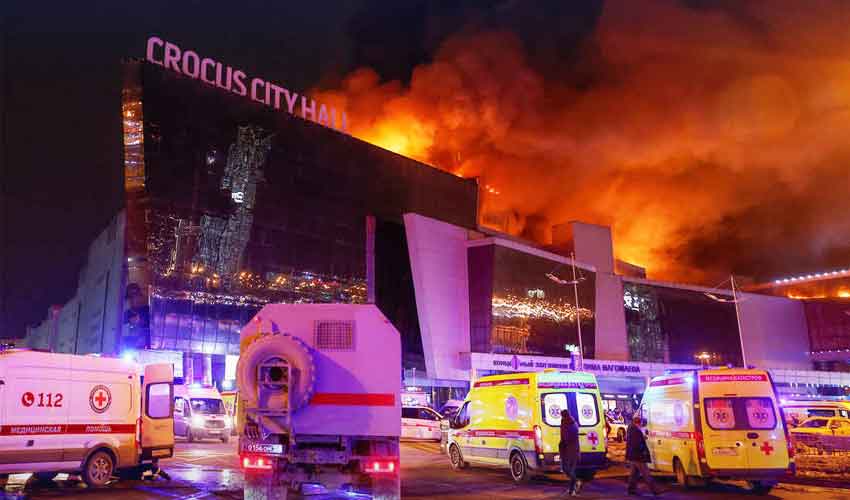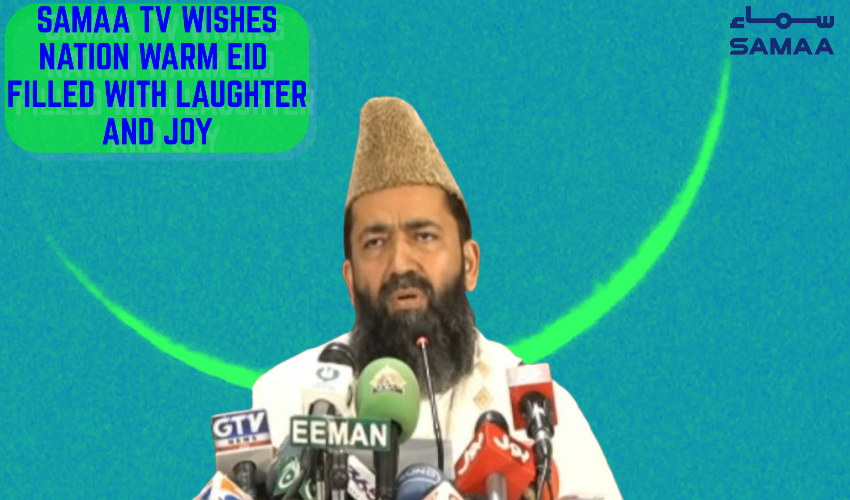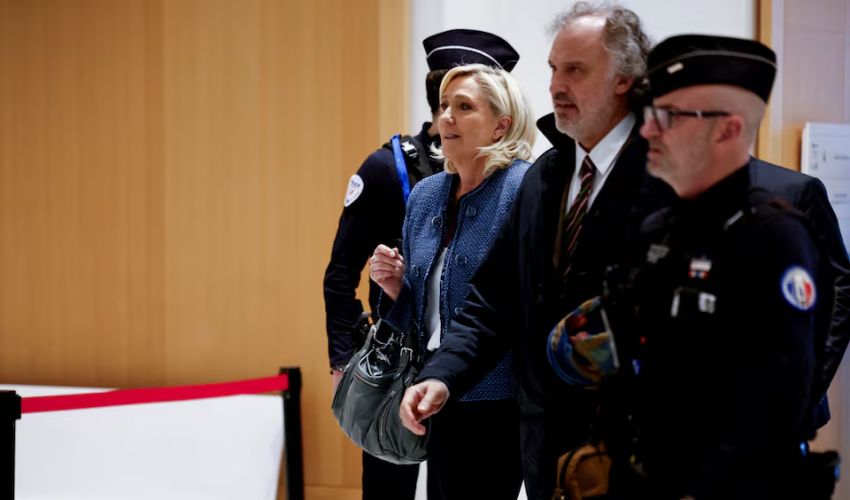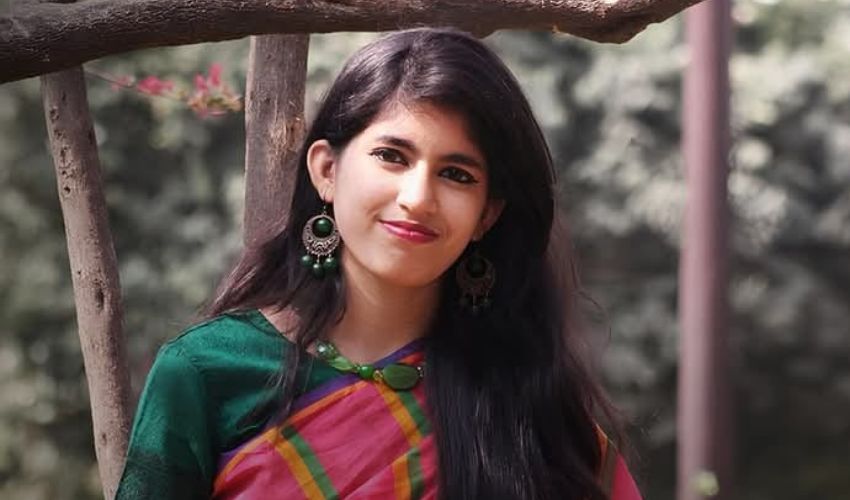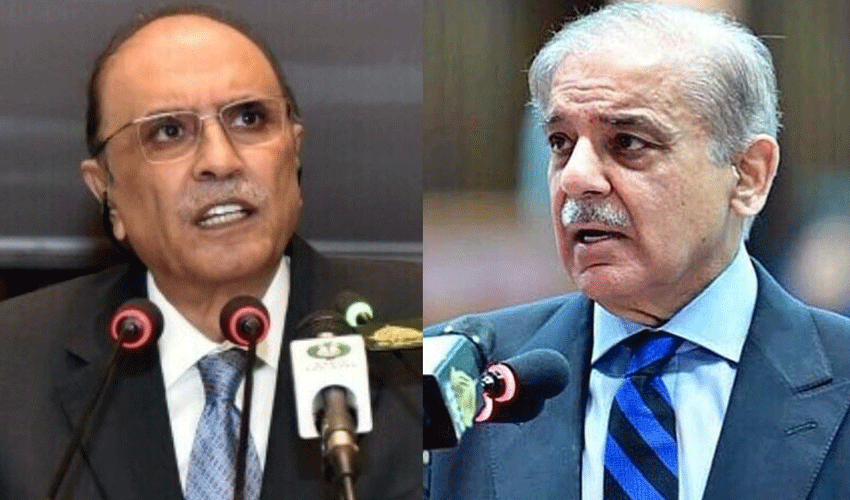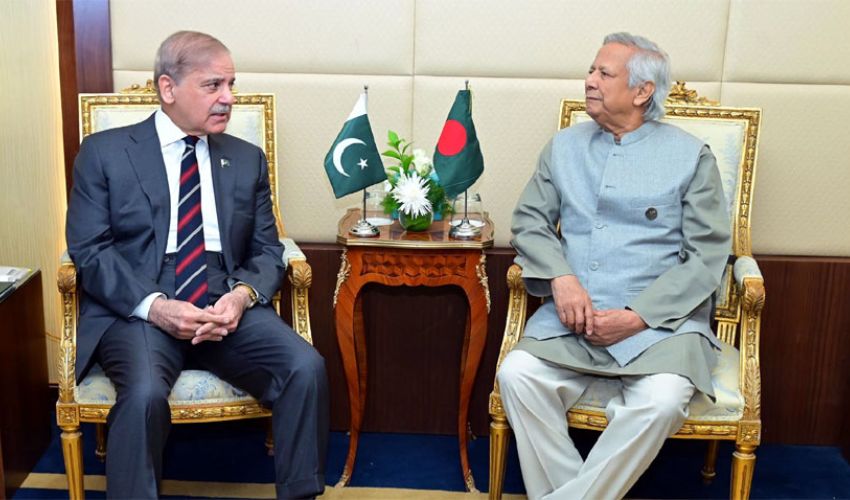The militant Islamic State group launched a deadly attack at a concert venue just outside Moscow on Friday, resulting in the deaths of at least 60 people and 145 injuries.
The assailants, clad in camouflage attire, indiscriminately fired automatic weapons into the crowd just moments before the start of a performance by the renowned Soviet-era rock group "Picnic" at the Crocus City Hall, which seats 6,200 people. Witness accounts described scenes of chaos and terror as concertgoers fled for safety amidst the sound of gunfire and screams.
The attack marks the deadliest incident in Russia since the 2004 Beslan school siege, where Islamist militants held over 1,000 people, including numerous children, hostage. Health officials said over 60 of the injured were in critical condition.
Russian President Vladimir Putin received updates on the situation from security officials, including the head of the Federal Security Service (FSB), Alexander Bortnikov.
Images released by Russian investigators revealed weaponry and ammunition used in the assault, including Kalashnikov automatic rifles and vests with spare magazines.
The Islamic State militant group claimed responsibility for the attack through its Amaq news agency, stating their fighters targeted civilians on the outskirts of Moscow. However, the fate of the attackers remains uncertain, as firefighters fought a huge fire and emergency services evacuated hundreds of people as parts of the roof of the venue collapsed.
The IS statement mentioned that their fighters attacked on the outskirts of Moscow, "killing and wounding hundreds and causing great destruction to the place before they withdrew to their bases safely". The Russian media released a blurry picture of two of the alleged attackers in a white car.
The United States confirmed intelligence supporting Islamic State's claim of responsibility, as an official said Russian authorities had been warned in recent weeks about potential threats. Security measures were promptly heightened across Russia, with large-scale public events canceled and increased vigilance at airports and transport hubs.
Approximately 20 kilometers (12 miles) from the Kremlin, Crocus City Hall was attacked just two weeks after the American embassy in Russia issued a warning about "extremists" preparing an imminent attack in Moscow.
Hours earlier, the FSB claimed to have foiled an attack on a Moscow synagogue by the Islamic State's affiliate in Afghanistan, known as ISIS-Khorasan or ISIS-K.
Maria Zakharova, a spokeswoman for the Russian Foreign Ministry, called it a "bloody terrorist attack" that the entire world ought to denounce.
Many former Soviet republics, the United States, and European and Arab powers expressed shock and condolences. Mykhailo Podolyak, the presidential advisor for Ukraine, refuted any involvement from his country.
The UN Security Council condemned what it called a "heinous and cowardly terrorist attack".
Russia increased security throughout the capital, which is home to more than 21 million people, as well as at airports and transportation hubs. Every major public event in the nation was cancelled.
"The president constantly receives information about what is happening and about the measures being taken through all relevant services. The head of state gave all the necessary instructions," Kremlin spokesperson Dmitry Peskov said.
Flames shot high into the night at Crocus City Hall, and black smoke plumes rose above the event space while hundreds of blue emergency vehicle lights flashed. Helicopters attempted to put out the fire that was consuming the large structure. The venue's roof was collapsing, according to state news agency RIA.





